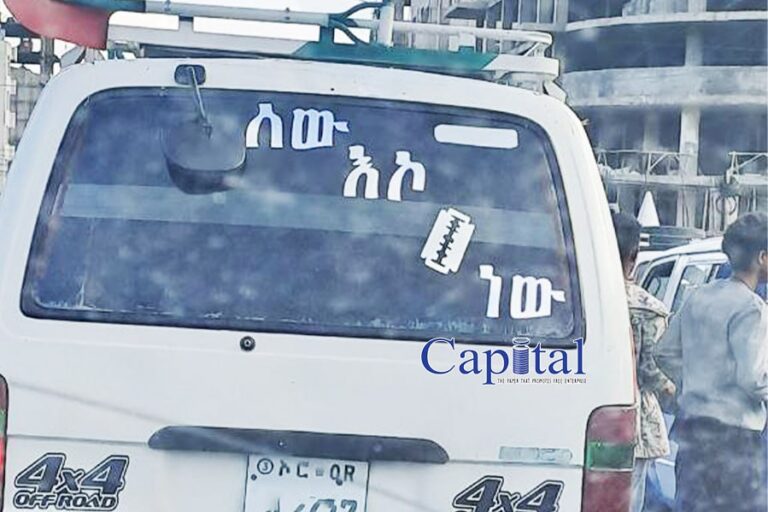Ethiopian Human Rights Commission (EHRC) called for an investigation into the killing of a prominent opposition figure recently released from prison. Bate Urgessa was gunned down on Tuesday night in his hometown of Meki in Oromia, Ethiopia’s biggest region, according to the Oromo Liberation Front, or OLF. He was a political officer with the OLF, a legally registered opposition group that boycotted elections in 2021. The OLF said it has information indicating that Bate “was shot dead,” adding that it’s investigating…An outspoken critic of the government, Bate spent several stints in prison over the years…In February, he was arrested alongside Antoine Galindo, a French journalist, as the two met at a hotel in Addis Ababa. They were accused of working with rebel groups in a “conspiracy to spread chaos.” Galindo was released after one week, and Bate was released a few days later. (AP)
Djibouti Entry for AUC Chairmanship Race Divides Eastern Africa Vote
Djibouti’s entry into the race for the next African Union Commission (AUC) chairperson could see member states in two key blocs in the Eastern Africa region take sides ahead of the voting next year. Djibouti officially confirmed it was fronting its Foreign Minister Mahmoud Ali Youssouf as a candidate for the next AUC chairperson, becoming the third person to show interest in the continental top post. Kenya’s opposition leader Raila Odinga and Somalia’s former Foreign Affairs minister Fawzia Adam had announced their candidature earlier. But while the post will only be contested by countries in Eastern Africa, Djibouti’s entry means there won’t be unity on one candidate for now, continuing a past trend. (The EastAfrican)





